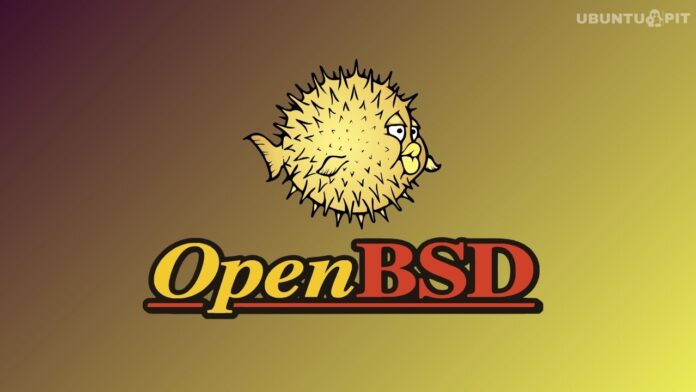OpenBSD 7.8 ships broad hardware enablement, major SMP networking gains, and security-focused updates across VMM, OpenSSH, and LibreSSL.
The OpenBSD project has released version 7.8, introducing a wide array of system-level refinements, expanded device support, and substantial security and networking improvements.
Broader Hardware and Platform Support
OpenBSD 7.8 brings full Raspberry Pi 5 support on arm64 alongside updates for Apple Silicon variants and Snapdragon X Elite platforms. The release adds new drivers, including acpiwmi(4), amdpmc(4) for AMD power management, and multiple Broadcom Set-top Box controllers.
Additional hardware support covers the Raspberry Pi RP1 peripherals and ASUS I2C HID keyboards. Networking enhancements include support for Realtek RTL8125D/8127 and Intel E810 adapters, plus wireless stability fixes across qwx(4), bwfm(4), and iwx(4).
Kernel and Performance Enhancements
The kernel now runs TCP and IPv6 stacks in parallel across multiple CPUs, using up to eight threads for network input. Timekeeping precision improves with nanosecond-level sleep handling, and lock management becomes more efficient with a reworked witness(4) subsystem. The release introduces a high-level software interrupt dispatcher and better fault handling on arm64. Suspend and hibernate reliability also improve for AMD-based laptops and ThinkPad systems.
Graphics and Virtualization Improvements
The Direct Rendering Manager (drm) subsystem now tracks Linux 6.12.50, adding new Qualcomm qcdrm(4) and qcdpc(4) drivers. On the virtualization front, OpenBSD introduces AMD SEV-ES confidential virtual machine support, aligning its vmm(4) and vmd(8) hypervisors with modern AMD security extensions. Virtio devices gain version 1.2 compatibility, while memory management for guests is simplified through new UVM-backed mechanisms.
Userland and Toolchain Updates
The userland environment replaces the Perl-based pkg-config with pkgconf 2.4.3 for faster dependency resolution. New tools such as watch(1), lldpd(8), and bpflogd(8) are introduced, while the gprof system adopts the profil(2) API. Utilities like fdisk(8) see expanded GPT/MBR recovery features and interactive editing improvements. Editors and shells, including vi(1) and ksh(1), receive targeted bug fixes and UTF-8 input corrections.
Security and Cryptography
OpenBSD 7.8 extends its security model through tighter pledge(2) policies, additional kernel guard pages, and safer sysctl handling. OpenSSH 10.2 introduces stricter username sanitization, new warnings for non–post-quantum key exchanges, agent socket relocation under ~/.ssh/agent, and improved DSCP marking defaults.
LibreSSL 4.2.0 enhances elliptic curve arithmetic with constant-time operations, cleans AES internals, and debuts a preliminary ML-KEM cryptography API.
Packages and Desktop Environments
Over 12,000 pre-built packages are available for multiple architectures. Notable updates include GNOME 48, KDE Plasma 6.4.5, KDE Frameworks 6.18.0, and Xfce 4.20.0. Core components receive major refreshes, including Firefox 143.0.3, LibreOffice 25.8.1.1, Python 3.12.11, PostgreSQL 17.6, Rust 1.90.0, and Node.js 22.20.0. The Xenocara display stack now features xserver 21.1.18 and Mesa 25.0.7, providing improved performance and compatibility.


